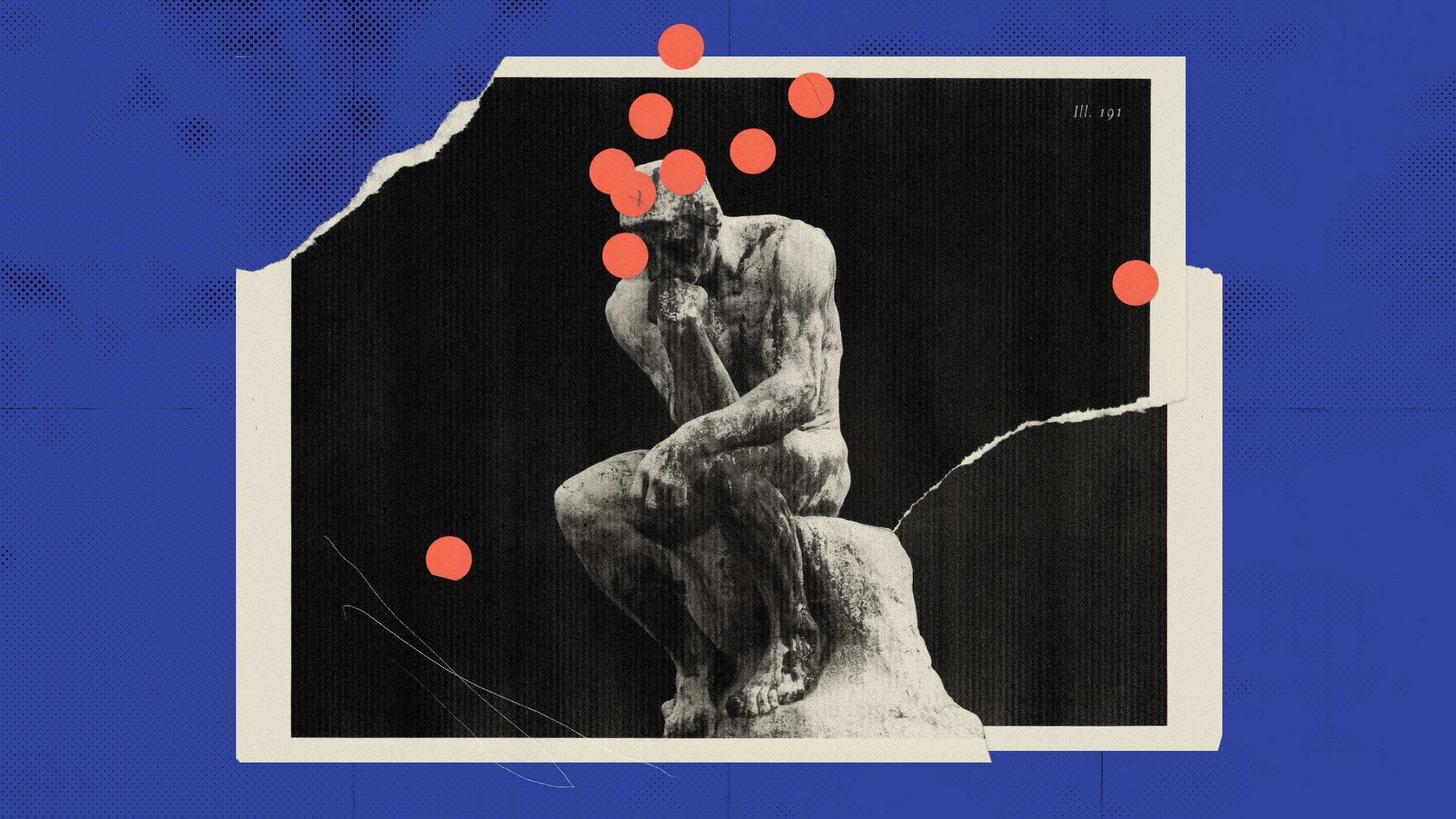It’s 2013. Does Anybody Know Who You Really Are?

What’s the Latest Development?
A report released this week by the UK government program Foresight describes how individuals’ ability to share data about themselves and others using technology affects the concept of identity now and in the future. The report is the result of a one-year study that drew upon 20 evidence reviews of a range of areas impacted by identity, such as education, crime, and mental health. It also offers suggestions for policymakers to consider as more and more Britons become hyperconnected: “[The] speed of modern communications is increasing public expectations that government will respond quickly to change.”
What’s the Big Idea?
Professor Sir John Beddington, the government’s chief scientist and lead author of the report, says that in the next 10 years, what we traditionally consider identity will experience “increasingly dynamic and volatile” changes, some good, some bad. On the good side, he says, “Some people who have been shy or lonely or feel less attractive discover they can socialise more successfully and express themselves more freely online.” On the bad side, an increasing reliance on social media could lead to suspicion or disenfranchisement of those who cannot or will not participate. The report singles out the elderly as being particularly vulnerable in this area.
Photo Credit: Shutterstock.com





